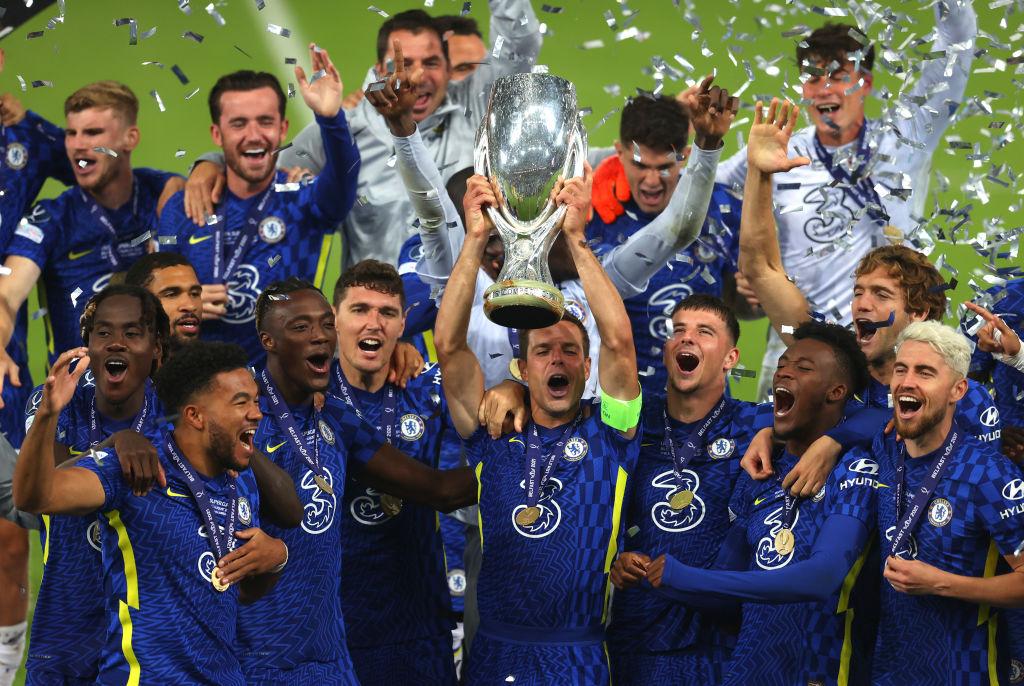Commentary
For weeks the football world has been exposed to the enthralling story of Kylian Mbappe, a 22-year-old French wunderkind who plays for Paris Saint Germain (PSG), a prestigious club in the top tier Ligue 1 soccer competition in France.

For weeks the football world has been exposed to the enthralling story of Kylian Mbappe, a 22-year-old French wunderkind who plays for Paris Saint Germain (PSG), a prestigious club in the top tier Ligue 1 soccer competition in France.